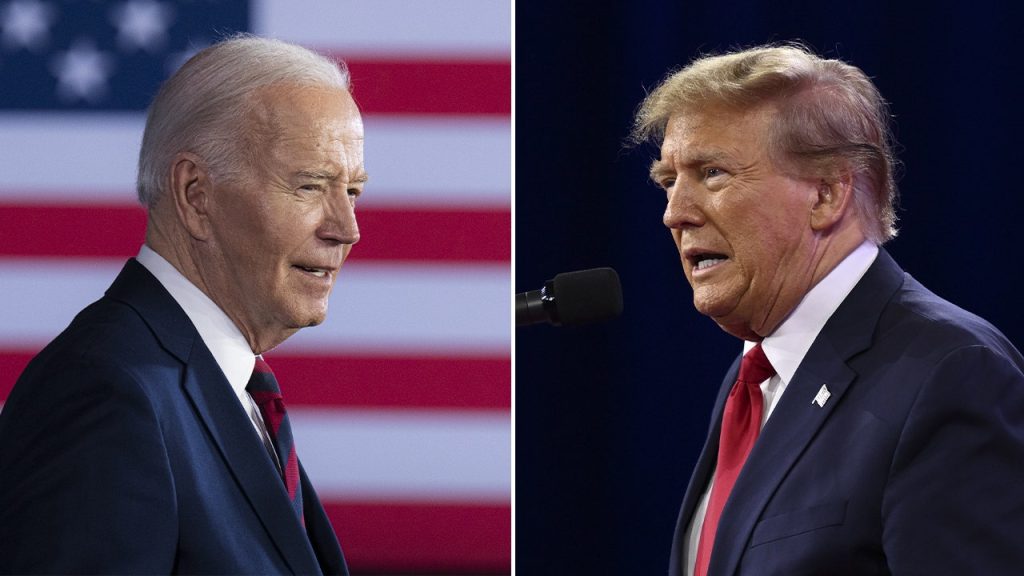A lawsuit challenging the constitutionality of President Biden’s voting access executive order is set to make its way to the Supreme Court, considered a crucial legal issue ahead of the November elections. A group of Pennsylvania lawmakers, part of the state Freedom Caucus, brought the lawsuit against the president and federal agencies over Executive Order 14019, which they argue is an executive get-out-the-vote effort to benefit Biden’s political party. The case was initially dismissed for lack of standing, but the lawmakers plan to appeal to the Supreme Court. The lawmakers’ attorney, Erick Kaardal, emphasized the need to hold President Biden accountable for what they see as an unconstitutional executive action.
Pennsylvania Governor Josh Shapiro, a Democrat, celebrated the dismissal of the lawsuit as a victory and defended the executive order as a means to protect and promote the right to vote and eliminate barriers to voting. Executive Order 14019 focuses on expanding voter registration and access to accurate election information. The lawsuit argues that the order directed various federal departments to facilitate voter registration drives and engage in voter registration activities, using federal funds for these purposes. The court documents claim that the executive order violates the Electors Clause, Elections Clause, and legislators’ rights.
The Foundation for Government Accountability (FGA) filed an amicus brief in support of the lawmakers, claiming that the Biden administration’s efforts could significantly impact the outcome of elections by targeting welfare populations with a federally funded get-out-the-vote effort. A study published by the Opportunity Solutions Project found that Democrats gain a significant advantage among voters enrolled in welfare programs compared to low-income voters who have never been on welfare. The FGA has raised concerns about the secretive implementation of the executive order and is involved in a lawsuit against the Department of Justice over requested documents related to the order’s implementation.
The FGA asserts that the wide-ranging executive order commands all federal executive agencies, with the exception of independent agencies, to engage in voter registration and mobilization activities, in coordination with third-party groups approved by the current administration. The organization criticizes the lack of transparency in the implementation of the order despite calls for clarity from various members of Congress, State Attorneys General, and Secretaries of State. The executive order is seen as a significant legal issue leading up to the November elections, with potential implications on election rules and outcomes. Kaardal is hopeful that the Supreme Court will intervene in the case, citing existing precedent and legal doctrines that could impact the future of the executive order.
As the case progresses through lower courts, the FGA and lawmakers are seeking clarity on the legality and constitutionality of Executive Order 14019. The DOJ, representing the Biden administration in the lawsuit, has not responded to requests for comment on the matter. The outcome of the case will likely shape the extent of the Biden administration’s influence on electoral processes and could have far-reaching implications on voter registration, access to the ballot box, and the conduct of future elections. The legal battle underscores the tension between executive authority and legislative power regarding voting rights and election procedures.


